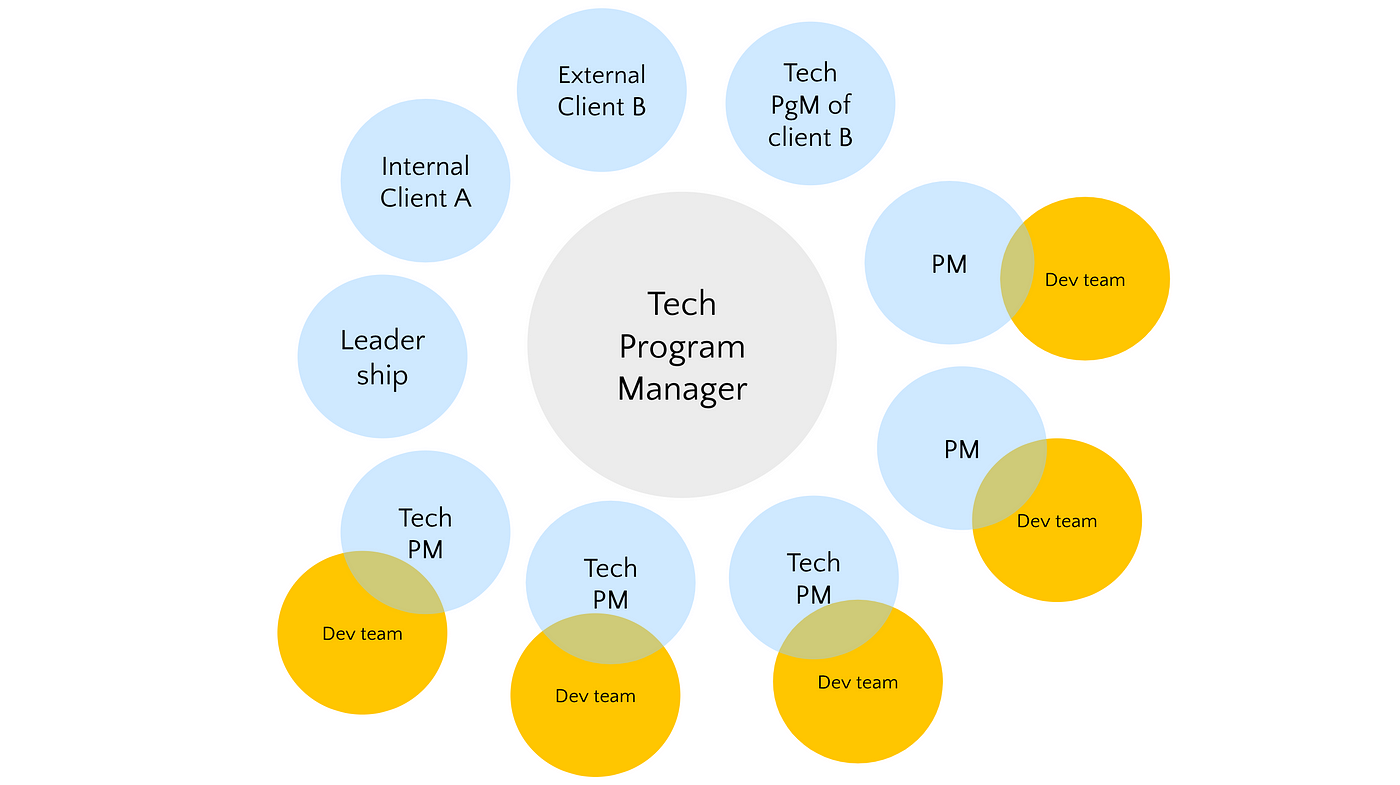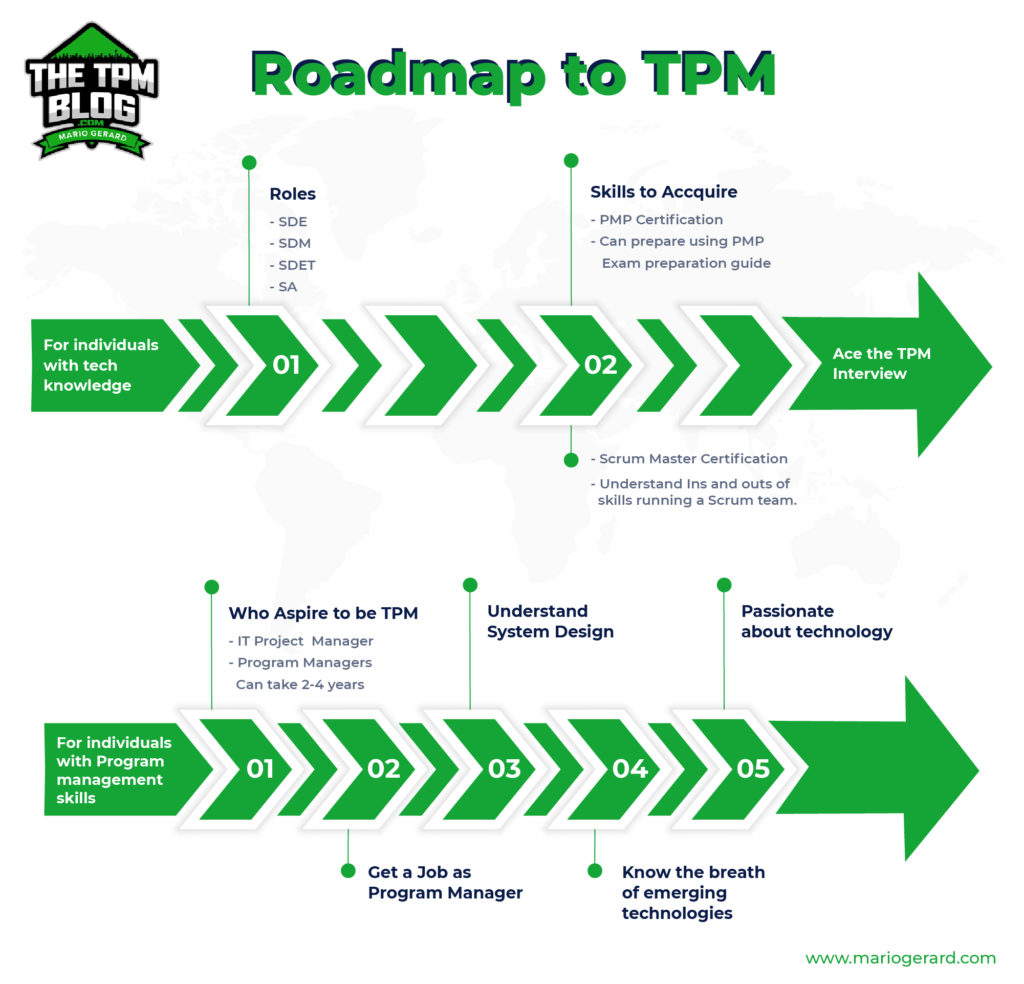All Categories
Featured
Table of Contents

Communicate these concerns to pertinent task teams, follow up up until there's a solution, and report the consumer resolution. Guarantee that all jobs are following their budget plans and distribution times. Make a routine of tracking project milestones and dependencies. Include these points in your normal reports. Team up with other appropriate divisions, consisting of the item, sales, and support divisions.
Develop a system to plan, track, and paper every solitary program you manage. At the very least 4-6 years of experience in program administration with IT projects is vital.
Development is the name of the video game when it pertains to the modern technology industry, and within that standard, there's a behind-the-scenes orchestrator making sure whatever runs seamlesslythe Technical Program Manager (TPM). This unsung hero plays a pivotal role in the success of technology tasks, bringing order to mayhem and guaranteeing that the gears of growth turn efficiently.
Google Tpm Interview Tips
It's a fragile dancing between establishing ambitious goals and making sure assumptions remain strongly based in truth - google technical program manager interview. technical program manager certification. It's not just about creating a plan; it's regarding performing it perfectly. TPMs use the hats of both visionary coordinators and pragmatic executors, making certain that every step straightens with the overarching job goals

In the substantial landscape of tech jobs, effective communication is the bridge that attaches disparate teams and stakeholders. Here, TPMs beam as skilled translators, decoding the intricate language of technology for non-technical stakeholders. They connect the space, making certain that everybody, no matter their technological background, comprehends the project's goals and progression.
They have the insight to recognize possible risks, varying from unexpected technical obstacles to exterior aspects beyond the team's control. Danger monitoring isn't regarding getting rid of uncertaintiesit's about facing them head-on. TPMs create strategies to alleviate risks, making sure that the task cruises via stormy weather condition with resilience. They are the guardians of project stability, frequently checking the horizon for potential interruptions and ready to release countermeasures when required.
Right here, TPMs take on the role of allocators-in-chief, strategically dispersing resources to maximize effectiveness. As the job landscape changes, TPMs reapportion sources dynamically, making certain that the team continues to be agile and receptive.
Tpm Interview Questions
TPMs, in this regard, become the gatekeepers of excellence. They established stringent standards for every element of the project, from code to style, making certain that the end product fulfills or goes beyond the specified requirements.
TPMs produce a culture where quality is not simply a goal however a behavior, permeating every facet of the project. With their meticulous oversight, they impart self-confidence in stakeholders and add to the long-lasting success and track record of the company. Being a successful TPM calls for even more than simply a flair for task management.
What are the top skills for a senior Remote Technical Program Manager Jobs?
While TPMs may not be coding wizards, they require a solid understanding of the technical landscape. This consists of knowledge with the innovations involved, an awareness of industry patterns, and the capacity to understand the ramifications of technical decisions. Leading without authority is a TPM's superpower. They have to inspire and assist groups made up of people from various departments, each with their very own objectives and priorities.
In the technology world, problems are not obstructions however puzzles waiting to be resolved. TPMs need a flair for innovative analytical, assuming on their feet, and adapting to unpredicted obstacles. TPMs are the interaction nexus of a task. Whether it's sharing complicated technical details to a non-technical target market or promoting partnership among employee, effective interaction is non-negotiable.
As innovation advances, so does the role of the TPM. Agile has come to be much more than just a buzzword; it's a way of life for many TPMs.
, has become a foundation in the TPM's toolkit. In the age of huge information, TPMs are significantly depending on data-driven understandings to inform their decision-making procedures.
Technical Program Manager

Unlike traditional project supervisors, TPMs need to deeply understand the technological aspects of the tasks they manage. This twin experience permits them to connect with engineering teams efficiently, understand technical difficulties, and make sure that jobs are finished promptly and within spending plan. Whether you're looking to work with a TPM or come to be one, understanding the duties and capability required is vital for success in the tech industry.
The courses cover essential subjects such as job lifecycle administration, danger assessment, resource appropriation, and software application growth procedures. With a focus on real-world applications, our training ensures you are prepared to deal with the complexities of technological tasks in any type of industry. Gaining an accreditation can dramatically enhance your occupation leads, demonstrating to companies that you have the expertise and abilities needed to succeed in a TPM function.
From startups to Fortune 500 companies, organizations around the world are looking for qualified experts to lead their technical programs. Whether you're wanting to employ a TPM or are interested in TPM tasks, TPM Institute can assist you browse the task market and attach you with the appropriate chances. Our training courses are not almost learning; they have to do with launching your job in one of the most sought-after areas in the tech industry.
Our are dedicated to supplying you with the very best feasible education, offering insights based in real-world experience. They are committed to aiding you attain your qualification and do well in your profession. For more information about our programs and accreditations, at Take the following action in your profession with TPM Institute and end up being a leader in technological program management.
What Is A Technical Program Manager?
There's a propensity for individuals to be attracted towards extremes when conceiving technological program supervisors. For instance, they're usually called either always getting involved in coding or not in any way. The truth is there is a range of technical deepness amongst TPMs, and this usually varies by task and client. Some tasks require a leader with just sufficient technological deepness to comprehend modern technology architecture and compromises.
They can express intricate technical ideas to non-technical stakeholders and assist in cooperation between varied teams. TPMs succeed at determining and resolving issues that arise during project execution, ensuring that projects remain on schedule and within spending plan. They motivate and direct their teams, cultivating collaboration, advancement, and continual renovation. TPMs' duties can differ depending on the organization and the certain task they're servicing.
TPMs work to guarantee that all staff member are functioning towards the exact same goals, stopping miscommunication and thrown away initiative. They prepare for and adjust to modifications in project demands, ensuring that tasks can pivot smoothly when required. TPMs proactively deal with prospective concerns, reducing the chance of task delays and failures. They urge their groups to trying out originalities and modern technologies, driving constant improvement and development.
TPMs work to ensure that all group participants are functioning in the direction of the exact same objectives, avoiding miscommunication and thrown away initiative. TPMs proactively address potential problems, decreasing the possibility of project delays and failures.
Table of Contents
Latest Posts
The Top 50+ Software Engineering Interview Questions And Answers
How To Answer Probability Questions In Machine Learning Interviews
Director Of Software Engineering – Common Interview Questions & Answers
More
Latest Posts
The Top 50+ Software Engineering Interview Questions And Answers
How To Answer Probability Questions In Machine Learning Interviews
Director Of Software Engineering – Common Interview Questions & Answers